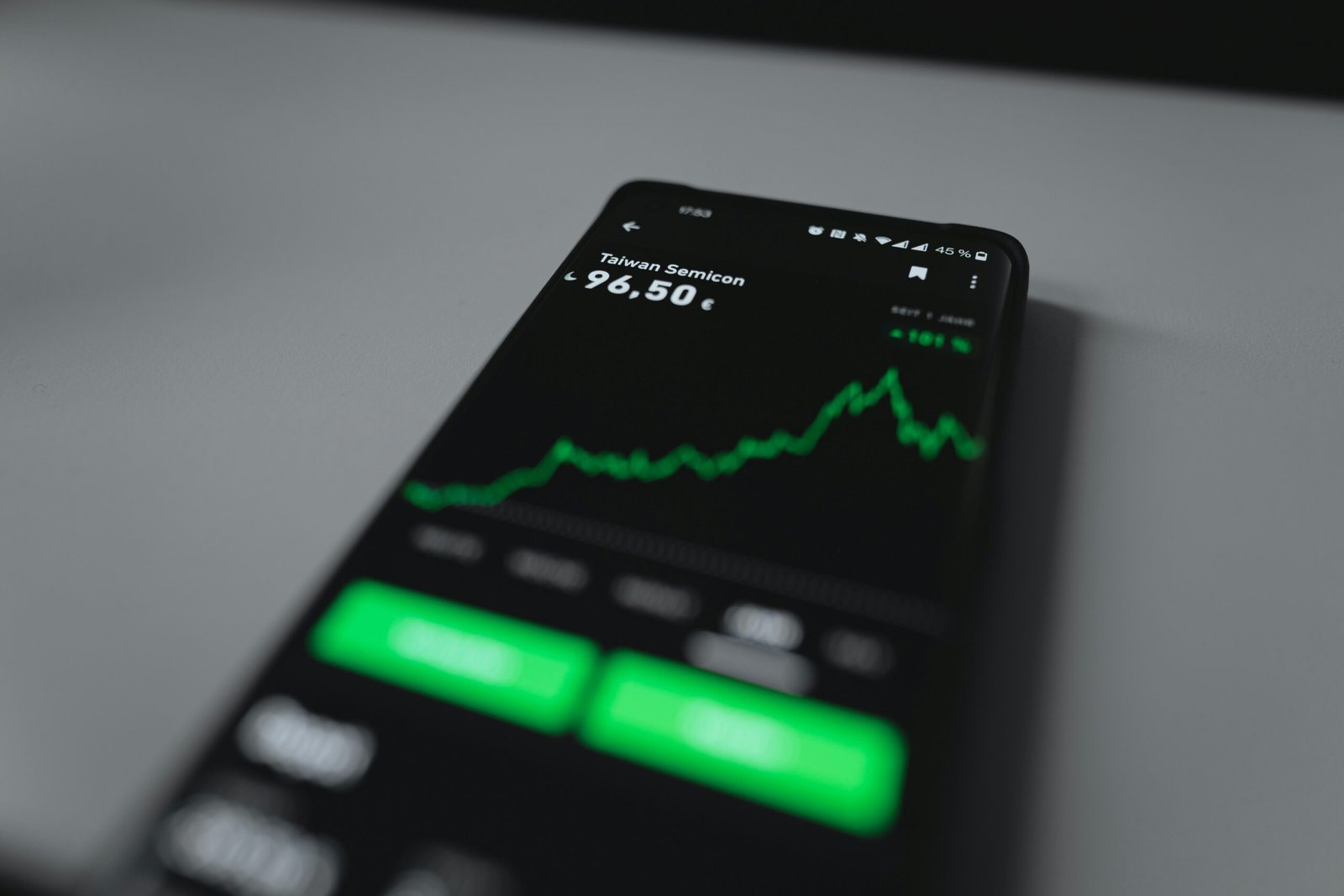
Understanding Forex Brokers
Forex brokers play a vital role in the foreign exchange market, serving as intermediaries between retail traders and the global currency market. These brokers facilitate the buying and selling of currency pairs, providing the necessary platforms and technologies that allow traders to execute their trades efficiently. Depending on the operational structure, Forex brokers can be categorized into several types, including market makers, Electronic Communication Network (ECN), and Straight Through Processing (STP) brokers. Each of these categories presents unique functionalities and advantages that cater to different trading preferences.
Market makers typically take the other side of a trader’s position, thereby creating a liquidity pool for the trades. They set their own bid and ask prices, which can influence trading conditions. This model can be advantageous for traders looking for quick execution and guaranteed liquidity, though it sometimes comes with wider spreads. On the other hand, ECN brokers connect traders directly to a network of liquidity providers, enabling them to access the best available prices. This type of broker is preferred by those seeking transparency and tighter spreads as it allows for the more direct execution of trades.
STP brokers represent a hybrid approach, routing trade orders directly to liquidity providers without the involvement of a dealing desk. This can often lead to faster execution times and reduced risk of price manipulation. Understanding the distinctions between these broker types is critical for traders, as the choice of a broker can significantly impact trading performance, costs, and overall experience in the Forex market.
Furthermore, a Forex broker provides essential services such as advanced trading platforms, market analysis tools, educational resources, and customer support. All these factors contribute to the overall trading experience and should be considered when selecting a Forex broker. By grasping the fundamentals of Forex brokers and their functionalities, traders can make well-informed decisions that align with their individual trading goals and strategies.
Key Factors to Consider When Choosing a Forex Broker
When selecting a Forex broker, several critical factors demand careful evaluation to ensure a successful trading experience. One of the foremost considerations is regulation and licensing. Traders should opt for brokers that are regulated by reputable authorities, such as the Financial Conduct Authority (FCA) in the UK or the Commodity Futures Trading Commission (CFTC) in the United States. Regulation offers a level of protection and reassurance regarding the broker’s adherence to industry standards.
Another important aspect is the trading fees associated with the broker. These can take the form of spreads, commissions, or overnight financing charges, which can significantly impact overall profitability. Therefore, it is essential to compare these costs across different brokers. For instance, brokers offering tight spreads can enhance a trader’s ability to profit, especially in high-frequency trading scenarios.
Leverage is also a vital factor to consider. While it can amplify potential gains, it can equally magnify losses. It is advisable for traders to understand the leverage options available and choose a broker that provides leverage levels aligning with their risk tolerance and trading strategy. Furthermore, the deposit and withdrawal options presented by a broker should be flexible and convenient. Traders should examine the available methods, processing times, and any applicable fees to avoid unnecessary delays or costs.
Finally, the trading platform is equally crucial. A user-friendly and feature-rich platform can enhance the overall trading experience. Factors such as execution speed, available trading tools, and charting capabilities should be assessed. A robust platform can aid traders in making informed decisions swiftly. By considering these factors—regulation and licensing, fees, leverage, deposit and withdrawal options, and trading platforms—traders can make informed choices when selecting a Forex broker that best suits their trading needs and objectives.
Research and Due Diligence
Choosing the right Forex broker is paramount for traders aiming to navigate the market effectively. Conducting thorough research and due diligence is essential to ensure that the selected broker meets the individual needs and standards of the trader. One of the first steps in assessing a broker’s credibility involves reading online reviews and testimonials from other traders. These insights can provide a clearer perspective on the broker’s reliability, customer service, and overall performance in various trading conditions.
In addition to reviews, it is crucial to verify the broker’s regulatory status. Reputable Forex brokers are typically regulated by recognized authorities, such as the Financial Conduct Authority (FCA) in the UK or the Commodity Futures Trading Commission (CFTC) in the USA. By checking a broker’s regulatory standing, traders can gain confidence in their integrity and transparency. Regulatory oversight is key to ensuring that a broker adheres to the necessary standards, contributing to a safer trading environment.
Another vital aspect of research is assessing the broker’s history and reputation in the market. A broker with a long-standing presence and positive track records tends to be more reliable than newer, lesser-known entities. By analyzing the broker’s track record, including any past issues or complaints, traders can gauge the trustworthiness and stability of the trading partner. Furthermore, many brokers offer demo accounts or paper trading options, allowing potential clients to experience their platforms and services without any financial commitment. Utilizing these tools can provide invaluable insights into the functionality, ease of use, and available trading instruments, ultimately aiding traders in making informed decisions before committing their capital.
Red Flags and Common Pitfalls to Avoid
Choosing the right Forex broker is paramount for achieving successful trading outcomes. However, numerous red flags and common pitfalls can jeopardize this critical decision. One of the foremost concerns is broker transparency, particularly in relation to fees. If a broker’s fee structure is convoluted or unclear, this can be indicative of potential issues. Hidden fees may not only erode profits but also signal a lack of integrity in the broker’s operations. Traders should request detailed information on charges for services, spreads, as well as any potential withdrawal fees.
Another significant aspect to evaluate is customer service. Reliable Forex brokers typically feature responsive, knowledgeable, and accessible customer support. A broker that fails to provide timely assistance or offers limited communication channels might suggest systemic failures. Traders often find themselves in urgent situations where prompt support is crucial; hence, it is beneficial to assess customer service quality before engaging with a broker.
Moreover, the reliability of a trading platform cannot be overstated. A broker with a consistently unstable or buggy platform can hinder trading success and disrupt the execution of orders. Traders should consider testing the platform’s performance via a demo account to identify any potential flaws before committing to a particular broker.
Equally concerning is the issue of regulation. Ensuring that a broker is regulated by a reputable financial authority is essential. Brokers lacking proper regulation increase the risk of engagement in fraudulent practices. Potential red flags include promises of unrealistic returns or overly aggressive marketing strategies. Traders should remain vigilant in distinguishing between legitimate brokers and those with potentially nefarious intentions. By being aware of these common pitfalls, traders can protect their investments and navigate the Forex market more safely and effectively.

